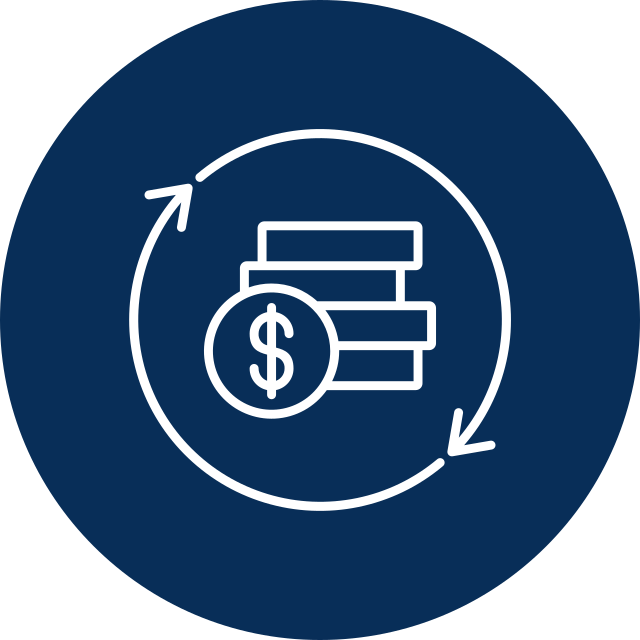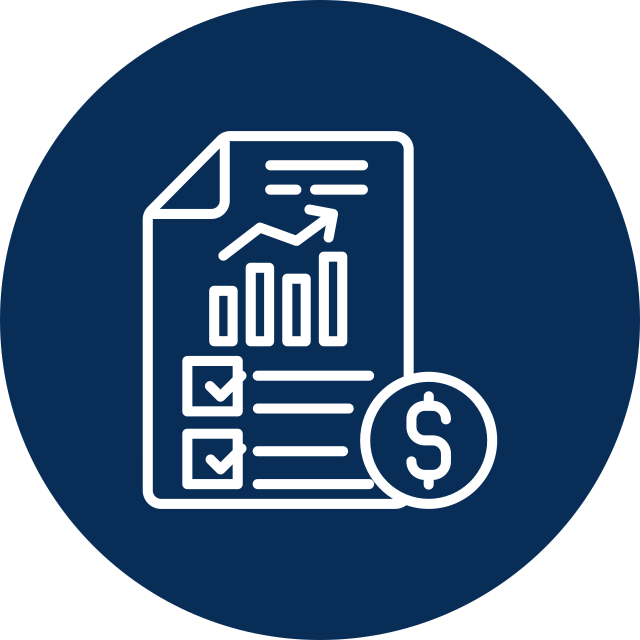Cost Sharing
Basic Considerations
Cost sharing is when a portion of project costs are not paid by the sponsor. Cost sharing can take the form of either direct cost sharing or indirect cost sharing. Direct cost sharing involves the transferring of funds from a cost sharing source (department, program, etc.) and placed into the cost sharing fund of the project. Indirect cost sharing is a contribution, by the University, of the Facilities & Administrative costs and is often called waived F&A.
For a more in-depth explanation of the different types of cost sharing and how they are used, please refer to the information in the sections to follow.
Jump to
University Cost Sharing
When a project has University cost sharing, cost sharing funds cannot be mixed with sponsor funds. The accounting of cost shared expenses must be maintained in separate accounts. Funds coming from a sponsor are placed in fund 20 while cost sharing funds are budgeted in funds 04 or 24, depending on whether the source of funds is unrestricted or restricted. To document cost sharing the expenses must be posted to either funds 04 or 24.
Cost sharing can take the form of either direct cost sharing or indirect cost sharing. Direct cost sharing involves the transferring of funds from a cost sharing source (department, program, ect.) and placed into the cost sharing fund of the project. Indirect cost sharing is a contribution, by the University, of the Facilities & Administrative costs and is often called waived F&A. The documentation of indirect cost sharing is to post the F&A charges to the appropriate 04 /24 fund. Indirect cost charges related to sponsor paid costs are posted to fund 20 except when the F&A cost is waived. If F&A is waived, the F&A charge is posted to fund 04. The F&A charges are automatically calculated and posted at the end of the month based on a rate that is applied to direct costs.
If a project has a University direct cost sharing commitment, the budget will be set up in either fund 04 or fund 24. Fund 04 is used when the source of UM funds is an unrestricted source, such as a departmental fund 00 account. If the source of the cost sharing funds is a restricted source, such as a MEIF program that has a fund code of 23, the project’s cost sharing fund will be set up as a fund 24.
It is the responsibility of the project manager, or his/her designee, to determine if the expense is chargeable to the sponsor or if it is a University cost shared expense and to assign the appropriate chart field.
Funding Transfers
Throughout the project’s period of performance, ORA will initiate transfers of funds from the cost sharing source to the 04/24 fund. The amount of the transfer will be sufficient to cover the expenses that have been posted to the 04/24 fund at that point. For June 30 year-end close procedures, all fund 04 and 24 accounts must be funded to cover expenses that have been posted throughout the fiscal year. For projects that have a termination date of, or prior to June 30 of the current fiscal year, ORA may transfer the entire cost share commitment up front. In the event that not all funds are spent, the balance is returned upon completion of the project
The entry to transfer unrestricted cost sharing funds out of the funding departmental account to the project’s 04 fund is to debit account 70400 in the departmental account. The entry to transfer restricted funds to a 24 fund is to debit 72400 in the source account. Check with Business Services to adjust your departmental budget for position management purposes (position management requires the 7xx00 account line to have a budget). You’ll need to reduce some other budget line(s), such as salary/fringe, that are being cost shared for the increase to the 7xx00 line). Keep in mind, although the overall departmental budget is being decreased, an employee’s salary which is being used for cost sharing purposes, will no longer be paid from the departmental account. The effect on the departmental account will be a wash and results in no change in the departmental account balance.
When it is time to process cost sharing funding transfers to cover expenses that have been charged to funds 04 or 24, ORA relies on information provided on the PARS system. At the time of submission, cost sharing information concerning the dollar amount and which chart field is providing it, was listed in PARS. We recognize that these plans are developed early on in the submission stage. If the source of cost sharing subsequently changes, please notify ORA of the alternate funding source. This is especially important at the time the budgets are entered so that we don’t set up an 04 fund if the plan changes to utilize restricted funds that would require a fund 24 instead of an 04. Please reach out to your ORA fiscal contact if the source of funding is changing.
Third-Party and In-Kind Cost Sharing
Third-Party and In-Kind Cost Sharing may be from other third party contributors or in-kind match from sub-recipients we sub out to. Since third-party and in-kind expenses are not recorded in the University’s general ledger financials, the contributors will typically provide ORA with a Statement of Expenditures indicating how much they have contributed. Principal investigators and/or project directors should work closely with their collaborators so that they can submit their expense reports to the University at intervals that coincide with the University’s reporting requirements. The Statement should include, at a minimum, the following information:
All statements of expenditures provided by the third party contributors should be forwarded to the project’s financial contact person listed in GL. The accountant will include the contributions on the financial report as cost sharing. Copies of the statements that third parties provide will be kept in the project file and are considered official University records
Voluntary Uncommitted Cost Sharing
Cost incurred to complete a sponsored project that exceed the amount of the award are
considered cost overruns. Expenses in excess of the budget are transferred to fund 04 of the project. The campus department, or an appropriate departmental closing account, is responsible for funding the overage as voluntary uncommitted cost sharing from unrestricted sources. ORA processes a transfer of funds using account code 65730 on the debit and credit side of the entry. These costs must be included in the direct cost base for indirect costs calculations.














